Invisible Children is excited to announce the launch of the Bomoko Na Bosembo project, funded by the U.S. Department of State Bureau of Democracy, Human Rights, and Labor. The project is focused on advancing truth, justice, and reconciliation processes that address local legacies of mass atrocities and prevent further violence in communities spanning the border between northeastern Democratic Republic of Congo (DRC) and South Sudan.
The Bomoko Na Bosembo project builds upon Invisible Children’s existing violence prevention and community peacebuilding programs in communities that share a history of violence and atrocities perpetrated by the Lord’s Resistance Army (LRA). This history has left many scars in communities that have had little to no access to transitional justice initiatives. This unaddressed violence has contributed to the rise of other armed groups, further isolated and marginalized local communities, and exacerbated existing tensions, particularly between farmer and pastoral communities in the region.
The project supports trauma-informed and victim-centered programs that enable communities to collectively process traumatic events and bring marginalized voices to the center of transitional justice.
Strengthening Local Sources of Resilience
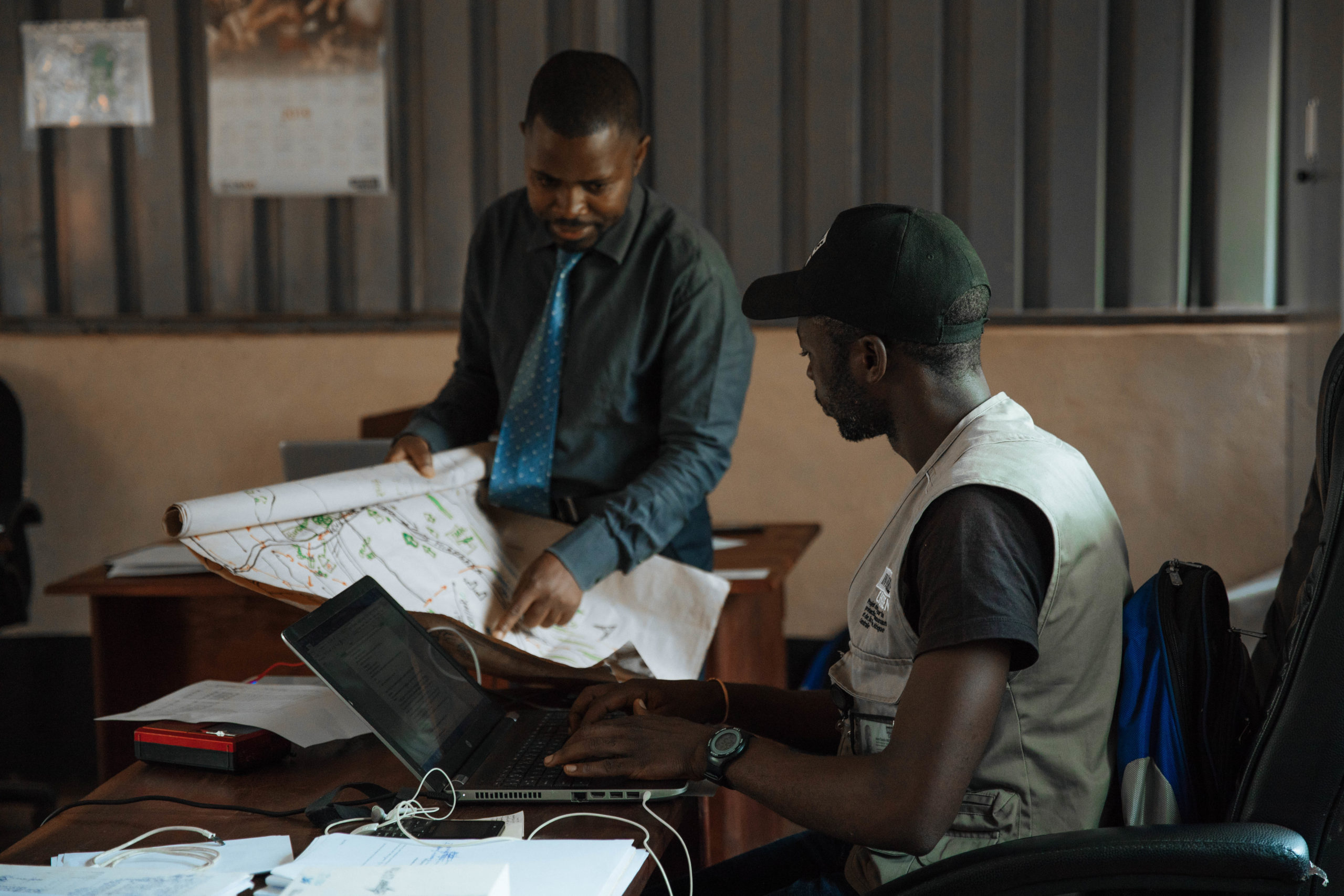
Improving access to transitional justice for survivors of violence by strengthening local capacity to impact victim-centered transitional justice processes
Recording past atrocities and other human rights violations is critically important to establishing these violations as fact which cannot be denied in the future. It also provides a sense of recognition and healing for survivors. Through the Bomoko Na Bosembo project, Invisible Children is training local organizations and civil society on best-practices for collecting, documenting, and archiving evidence of human rights violations.
Invisible Children staff and partners are also conducting in depth research to record the identities of missing persons who have been killed or abducted during armed violence. This information will be incorporated into a missing persons portal on Invisible Children’s existing Crisis Tracker conflict mapping and analysis tool. With support from forensic anthropology experts, Invisible Children and local partners will notify families of identified victims and share data with transitional justice actors working in the region.
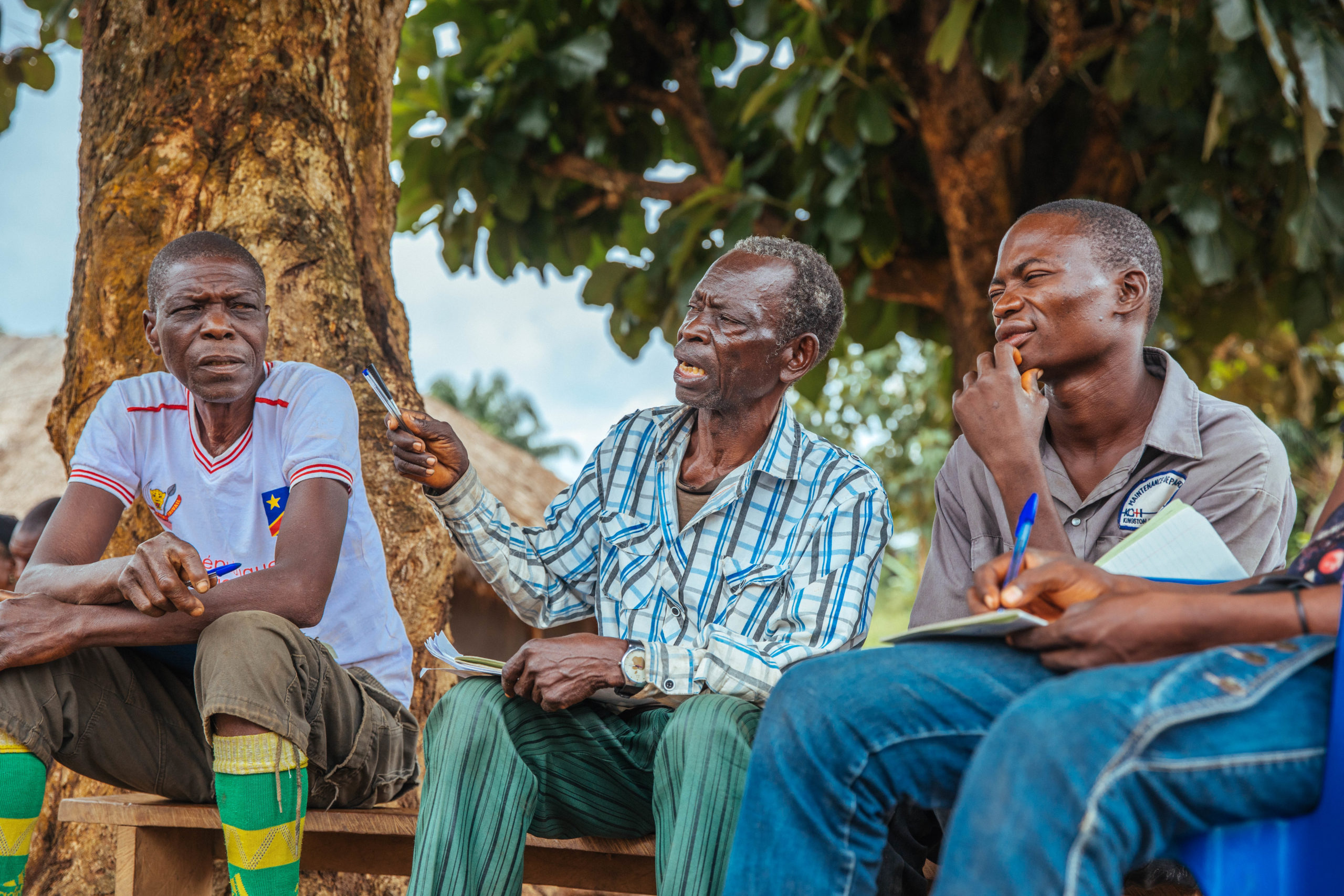
Contributing to community trauma healing for those who have experienced violence through trauma-informed memorization discussions and practices
Along with documenting and archiving evidence of past atrocities, Invisible Children is working with memory experts, human rights organizations, and local partners to engage local communities in memorialization discussions and activities. In these activities, community members process traumatic events together, sharing different perspectives, experiences, and narratives about what happened. This creates stronger bonds and empathy among community members from different backgrounds which, in turn, helps strengthen peacebuilding and social cohesion work that prevents violence.
A strong focus is placed on actively engaging members of marginalized groups, including women, displaced persons, and members of minority groups, whose perspectives are often left out of transitional justice activities. This inclusive approach, not only promotes closure and healing for these communities, it also builds momentum for more inclusive peace processes which have proven to be more successful at establishing lasting peace.
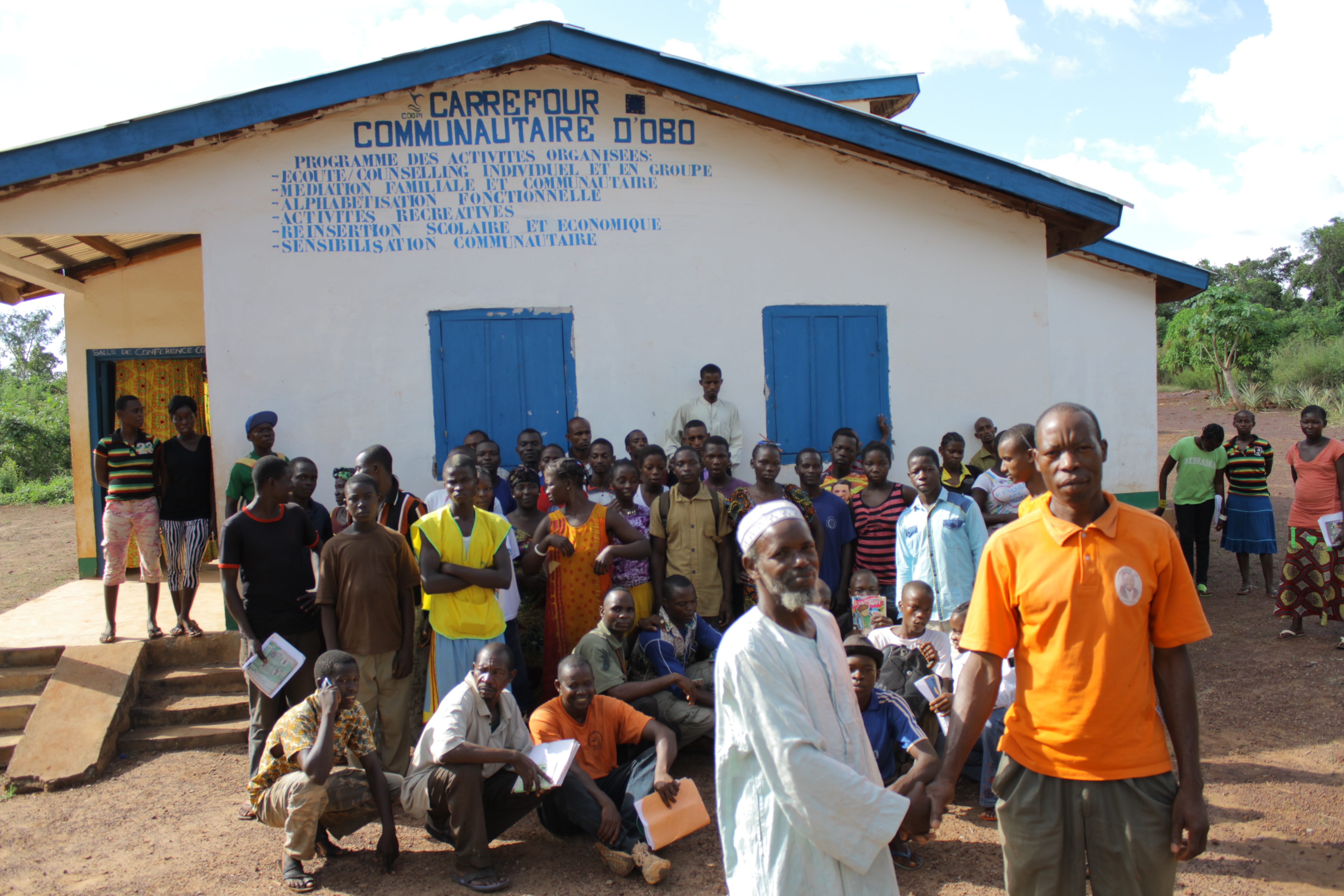
Strengthening cross-border constituencies for peace
Communities living on both sides of the border between northeastern DRC and South Sudan share a history of past violence and atrocities. These communities are also impacted today by cross-border conflict and intercommunal violence. By working with communities along both sides of the border, the Bomoko Na Bosembo project is helping to unite communities to create cross-border constituencies for peacebuilding.
Invisible Children and our local partners will bring representatives from communities in DRC and South Sudan together for project workshops. During these sessions, representatives are trained together in memorialization and advocacy. They will also share their experiences, successes, and challenges with one another in order to collaborate on solutions that strengthen local transitional justice and peacebuilding efforts throughout the region.
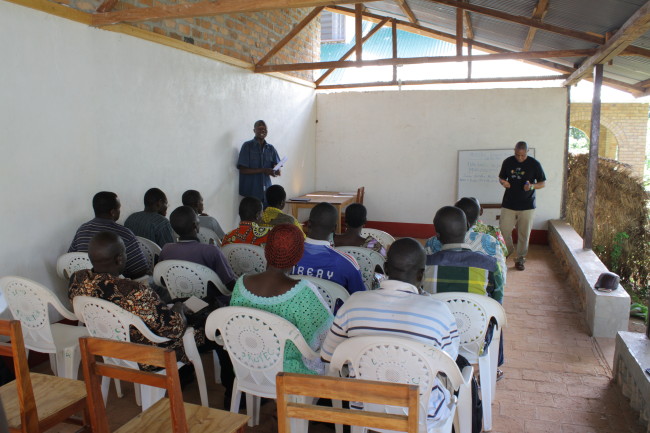
Reducing the vulnerability and increasing the collective power of citizens and communities
The Bomoko Na Bosembo project is also strengthening community-led advocacy for more inclusive transitional justice and atrocities prevention programs. Invisible Children and local partners will train civil society and peacebuilding organizations on effective advocacy strategies. In addition, Invisible Children partners will conduct advocacy initiatives alongside trauma-informed focus groups that create space for the exchange of diverse local perspectives and the needs of vulnerable groups.
Across all aspects of the project, commemoration and advocacy programs are building capacity for communities to organize themselves, build ownership over the past, and develop messages that amplify the voices of the most vulnerable and marginalized.
Partnering with Trusted Local Organizations
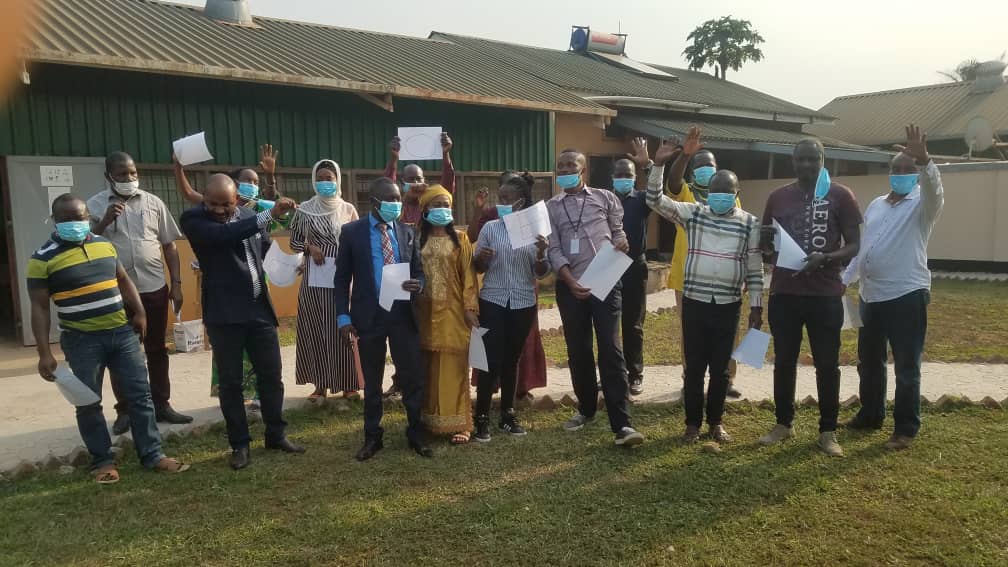
The Bomoko Na Bosembo project is a collaborative effort between Invisible Children, memory and forensic anthropology experts, the DRC-based human rights organization Observatoire des Droits de l’Homme and our long-time peacebuilding partners CDJP and SAIPED in DRC as well as the InterCurch Committee of South Sudan.
With support from memory and forensic anthropology experts, Observatoire des Droits de l’Homme, provides training of trainers by guiding our other local partners in building local capacity for trauma-informed memorialization and victim-centered advocacy.
Creating A Lasting Impact
By equipping inclusive communities to inform and shape transitional justice policies and programs and providing a safe space for communities to process past atrocities, the Bomoko Na Bosembo project is helping to address trauma, increasing social cohesion, and strengthening the influence that marginalized communities have with local and national policymakers. This is helping to transform the underlying conditions along the border between DRC and South Sudan that fuel violent conflict.
Your support makes community-based violence prevention and resilience building projects like Bomoko Na Bosembo possible. Learn more about all of our programs and support our work today.
Think people should hear about this?